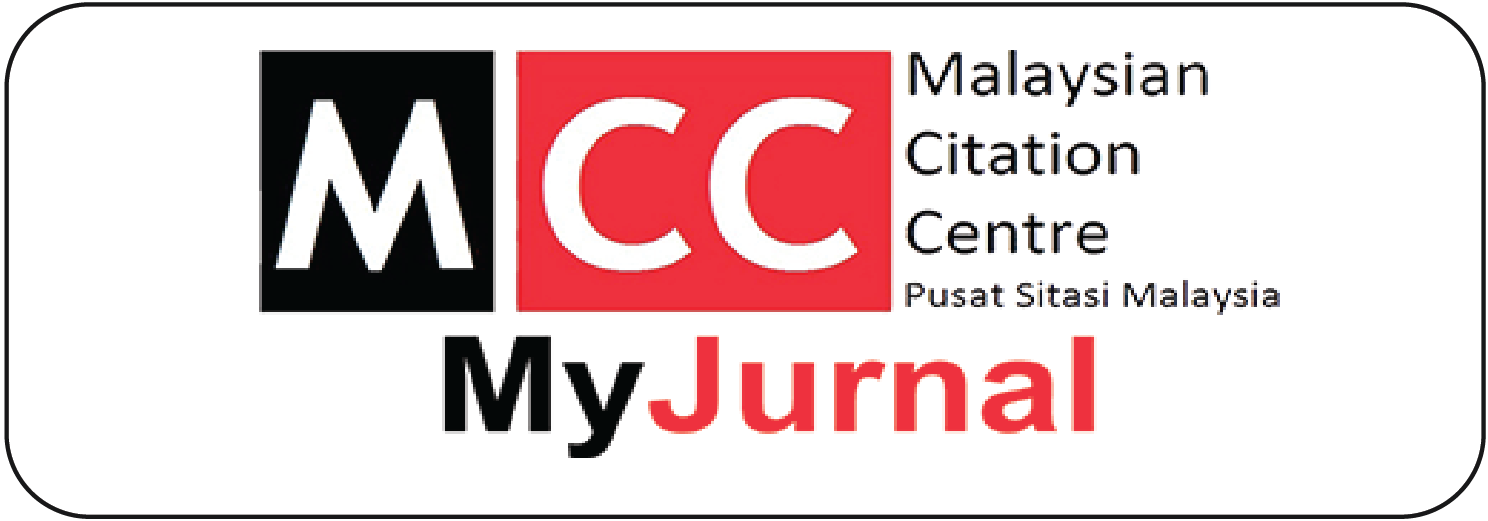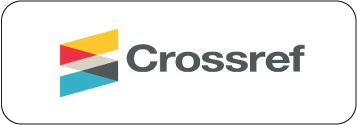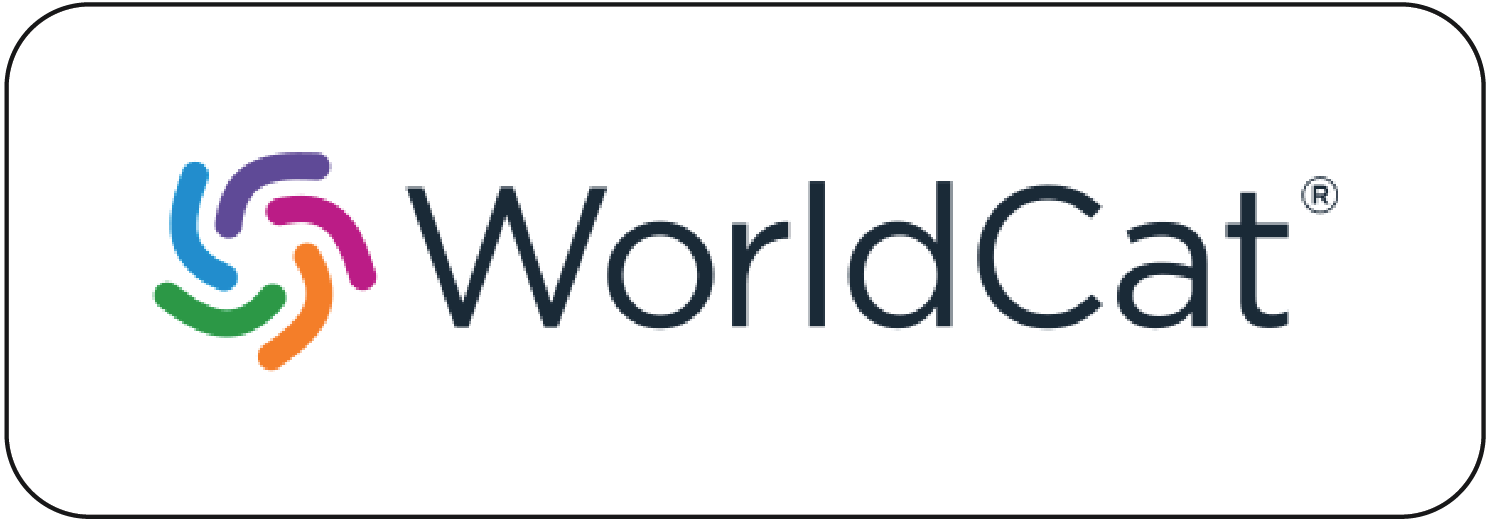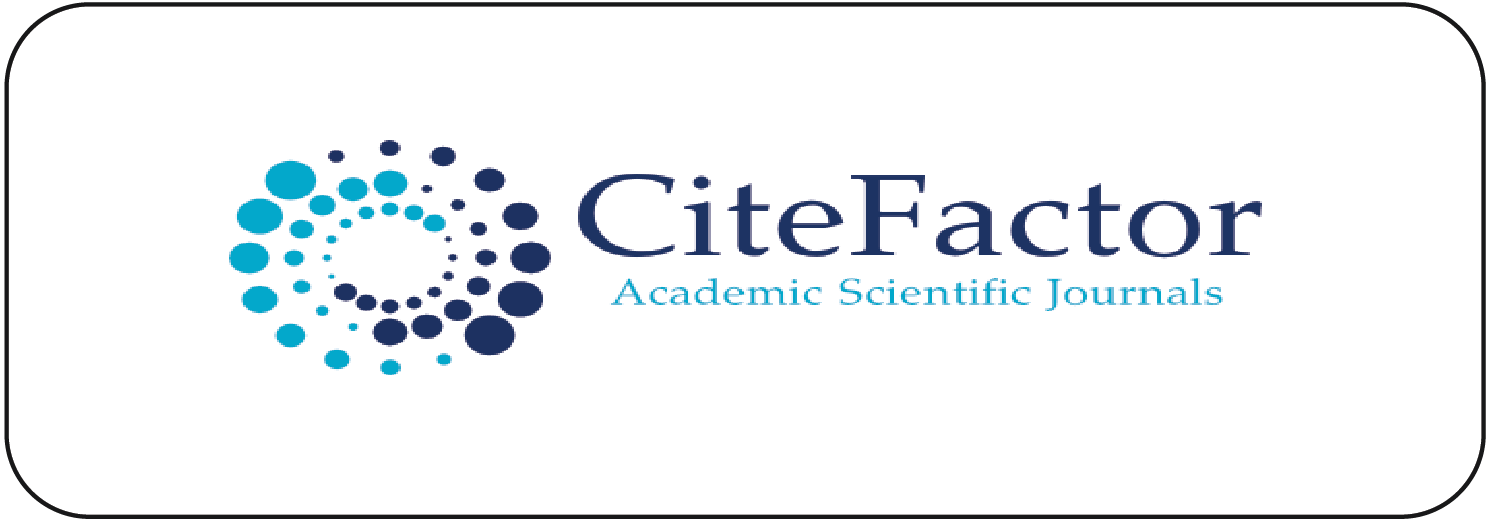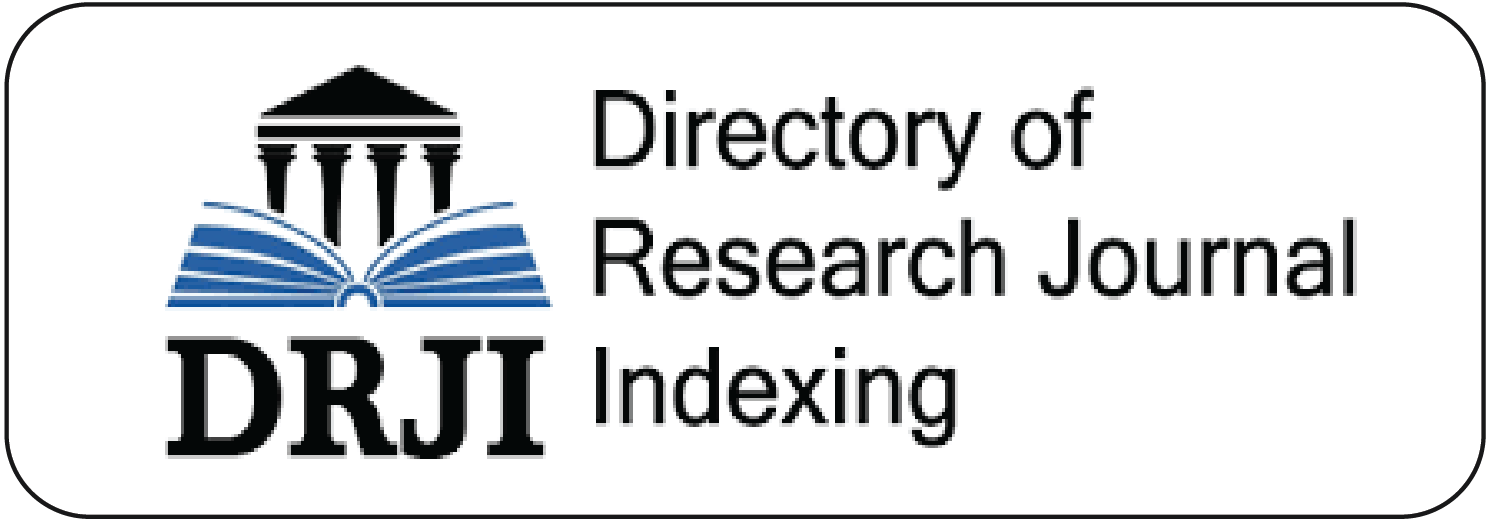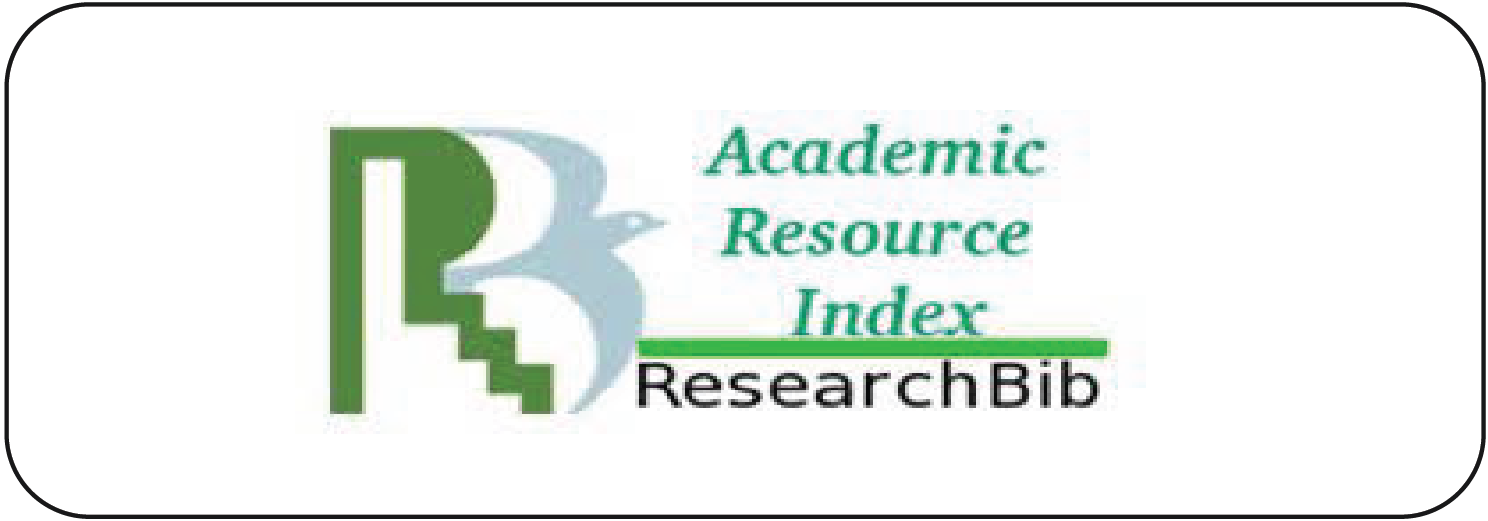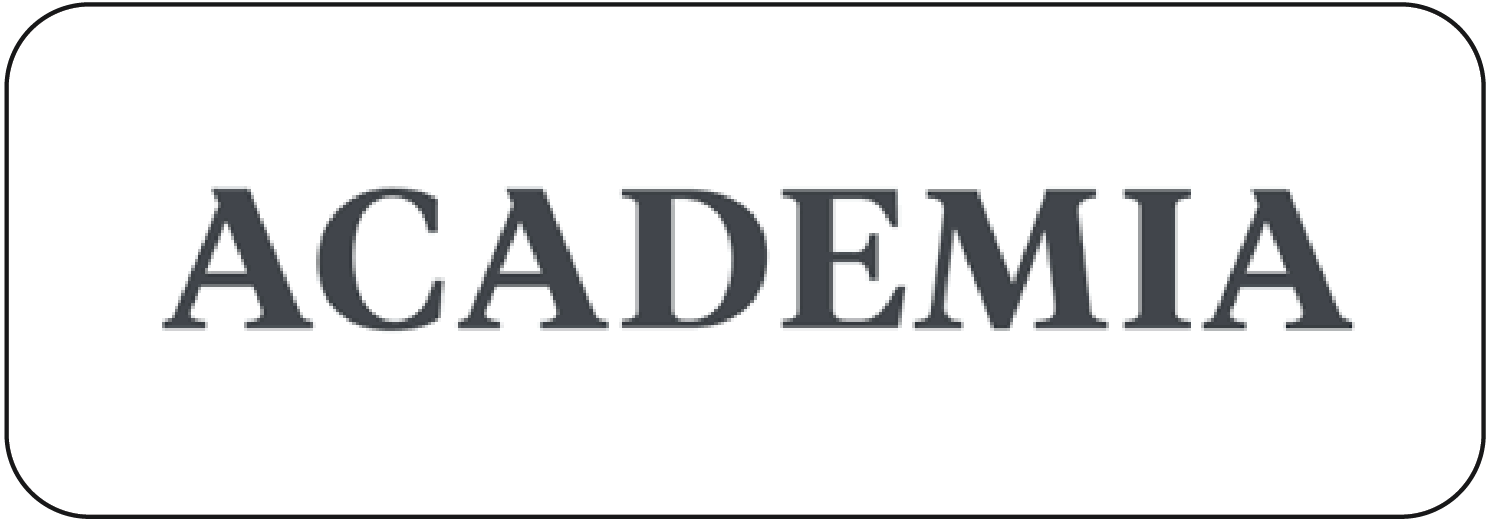Gen Z and Support Towards Islamic Commercial and Social Finance Integration
DOI:
https://doi.org/10.51377/azjaf.vol4no2.162Keywords:
Islamic commercial and social integration, Intention, partial least squareAbstract
The integration of Islamic commercial and social finance is receiving increasing attention, especially as the global economy attempts to recover from the aftermath of Covid-19. Therefore, it is important to examine what factors contribute to the success of the integration of Islamic commercial and social finance. One form of integration is operational integration between Islamic banks and ZISWAF institutions (zakat, infaq, sadaqa, and waqf). These institutions could offer various joint products, including specialized savings accounts where profit sharing is distributed directly to the social institution rather than to the account holders. The objective of this study is to analyse the determinants of Generation Z's intention to support the program. The Partial Least Square-Structural Equation Model is used to analyse the responses of 425 Muslim Gen Z in Bogor. The result shows that attitude, religiosity, knowledge, functional factor, and trust have a significant and positive influence on the intention to support the Islamic commercial and social integration. Moreover, trust also moderates the positive influence of knowledge on Gen Z intention.
Downloads
Downloads
Published
How to Cite
Issue
Section
License
Copyright (c) 2023 Anita Priantina, Hafiz Akbar Muhammad , Tri Alfiani, Melvina Syahnum

This work is licensed under a Creative Commons Attribution-NonCommercial-NoDerivatives 4.0 International License.








